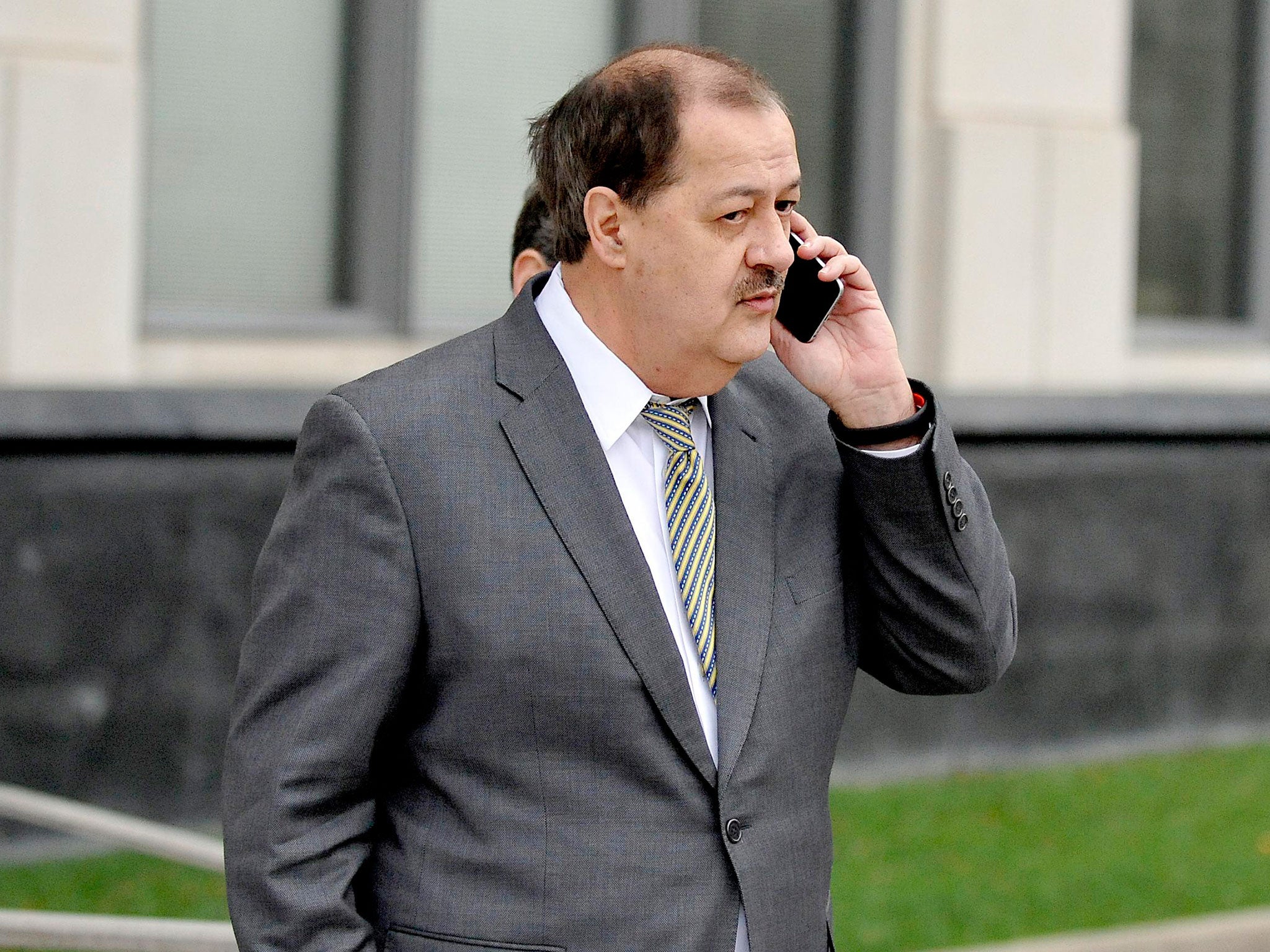Don Blankenship trial: Massey Energy CEO convicted over West Virginia mining disaster that left 29 dead
Prosecutors portrayed Blankenship as a boss who routinely put profit before the safety of his employees

Your support helps us to tell the story
From reproductive rights to climate change to Big Tech, The Independent is on the ground when the story is developing. Whether it's investigating the financials of Elon Musk's pro-Trump PAC or producing our latest documentary, 'The A Word', which shines a light on the American women fighting for reproductive rights, we know how important it is to parse out the facts from the messaging.
At such a critical moment in US history, we need reporters on the ground. Your donation allows us to keep sending journalists to speak to both sides of the story.
The Independent is trusted by Americans across the entire political spectrum. And unlike many other quality news outlets, we choose not to lock Americans out of our reporting and analysis with paywalls. We believe quality journalism should be available to everyone, paid for by those who can afford it.
Your support makes all the difference.The once swaggering chief executive officer of a major American energy and mining company has been convicted by a jury in West Virginia on charges connected to a mining disaster in the state five years ago that left 29 men dead, opening the way to a possible prison sentence.
After a weeks-long trial that riveted a state where coal used to be king until the industry entered the doldrums, jurors found former Massey Energy CEO, Don Blankenship, guilty of conspiring willfully to violate federal safety standards. The conviction could carry a sentence of one year. He was acquitted of a more serious conspiracy charge as well as of making false statements and security fraud.
Never before has a senior coal executive been convicted in connection with the deaths of miners. The accident that spurred the case happened at the sprawling Upper Big Branch coal mine in West Virginia in 2010, which was owned at the time by Massey Energy. With a death toll of 29 caused by an underground explosion it was the worst coal mining catastrophe in the US in more than fifty years.
Prosecutors had portrayed Blankenship as a CEO who routinely put profit before the safety of his employees. At the time Massey, which was later sold to a rival, had thousands of safety violation citations. The prosecution bolstered its case with phone recordings the defendant had himself made in his office as head of Massey and with testimony from Christopher Blanchard, a president of the Massey subsidiary that ran the doomed mine before the accident, who testified under immunity.
Blankenship “pushed and he pushed and he pushed, and laws were intentionally broken,” R. Booth Goodwin, the federal prosecutor, said in closing arguments. He also felt obliged to say that he had not been pressed to prosecute the case by the White House, a reference to the widely held feeling in West Virginia that President Barack Obama and Democrats generally are seeking to kill coal.
“I was not ordered to do anything by the president of the United States,” Mr Goodwin asserted.
Join our commenting forum
Join thought-provoking conversations, follow other Independent readers and see their replies
Comments